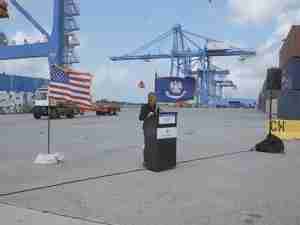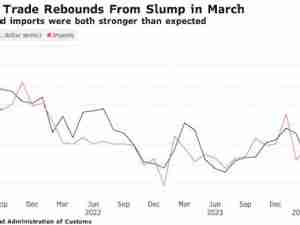India will ask the European Union for concessions that will help align its planned national carbon market with the bloc’s emissions trading system, according to people familiar with the matter.
New Delhi plans to raise the potential impacts of the EU Carbon Border Adjustment Mechanism, or CBAM, on domestic industries at the seventh round of negotiations on a proposed free trade agreement from Feb. 19 to 23, according to the people, who asked not to be named as the discussions are private. India wants to try and shield its companies from the full impact of the levy, they said.
The EU tax is aimed at preserving the integrity of its emission trading system by preventing European firms from importing goods with a high carbon footprint without incurring the related cost — a practice known as carbon leakage. Exporters such as India argue that it will make their products more expensive and dent their competitiveness.
India’s government has several proposals it will raise with the EU, according to the people. These include a tax exemption for small- and medium-sized enterprises, to enable credits generated by a local fossil fuel tax to be regarded as equal to Europe’s emissions allowances, and that Brussels recognizes Indian-accredited energy auditors.
An Indian trade ministry spokesperson didn’t respond to an email seeking comment. An EU spokesperson for CBAM also didn’t respond to emailed questions.
As much as 40% of the roughly 4 million tons of steel India exports annually to Europe would be exposed to CBAM, according to a report by rating agency ICRA Ltd. India has already raised its opposition to the EU’s carbon levy at the World Trade Organization.
Indian exporters of steel and aluminum started collecting data on the emissions embedded in their production processes in October 2023 to share with their European trading partners. The first reporting period for that exercise will end on Jan. 31.
Following the European Union’s lead, nations including the UK and Australia have also started consultations on carbon border taxes to mitigate carbon leakage.
The aim of harmonizing India’s Carbon Credit Trading Scheme with the EU’s Emissions Trading System would be to help Indian companies cope with the threat posed by the border tax, the people said, conceding that the process would be a drawn out one.








